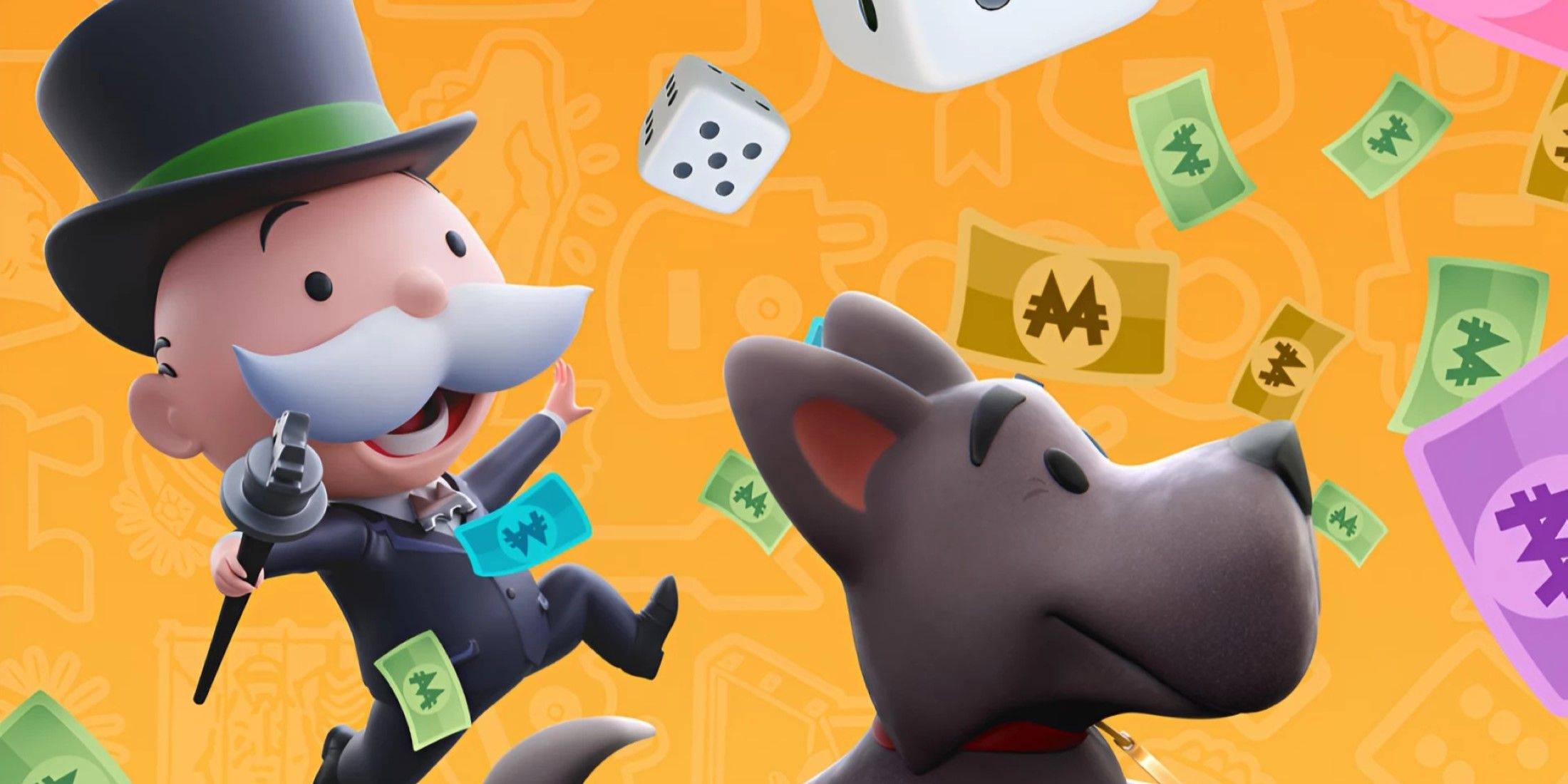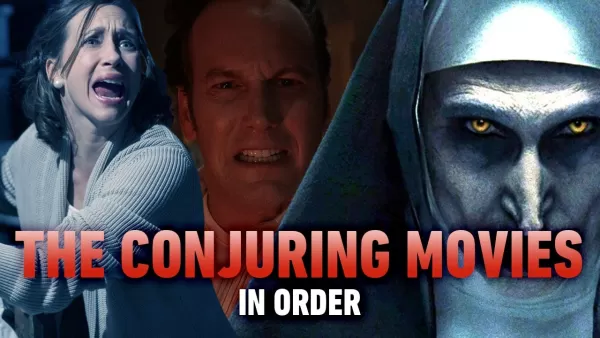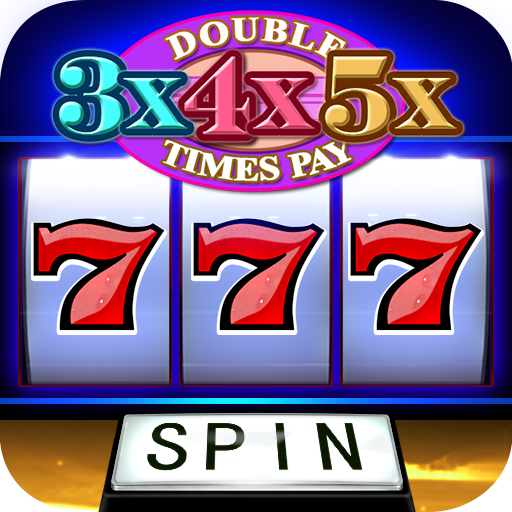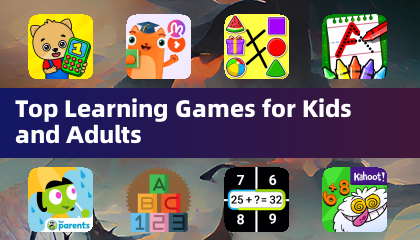17 Year Old Spends $25,000 on Monopoly GO

Monopoly GO's Microtransaction Problem: A $25,000 Case Study
A recent incident highlights the significant financial risks associated with in-app purchases in mobile games. A 17-year-old reportedly spent a staggering $25,000 on Monopoly GO, a free-to-play game, underscoring the potential for uncontrolled spending via microtransactions.
This isn't an isolated case. Numerous players have admitted to spending substantial sums, with one user reporting a $1,000 expenditure before deleting the app. The $25,000 incident, detailed in a since-removed Reddit post, involved 368 separate purchases made through the App Store. The parent's subsequent search for recourse revealed a common issue: many freemium game terms of service hold users responsible for all purchases, regardless of intent. This practice mirrors the revenue model of other successful freemium titles, such as Pokemon TCG Pocket, which generated $208 million in its first month.
The Ongoing Debate Surrounding In-Game Microtransactions
The Monopoly GO situation adds to the ongoing controversy surrounding in-game microtransactions. Similar incidents have led to lawsuits against major gaming companies, such as the class-action suit against Take-Two Interactive regarding NBA 2K's microtransaction model. While legal action is unlikely in this specific case, it serves as another example of the frustration and financial hardship caused by these systems.
The profitability of microtransactions is undeniable; Diablo 4, for instance, saw over $150 million in microtransaction revenue. The strategy's effectiveness lies in its ability to encourage smaller, incremental spending rather than a single, larger purchase. However, this very feature is also a source of criticism. The cumulative effect of seemingly small purchases can be deceptive, leading to significantly higher overall spending than initially intended.
The Reddit user's predicament underscores the difficulty in obtaining refunds for unintentional in-app purchases. This serves as a cautionary tale for players of Monopoly GO and similar games, highlighting the ease with which significant sums can be spent without realizing the accumulating cost.




























